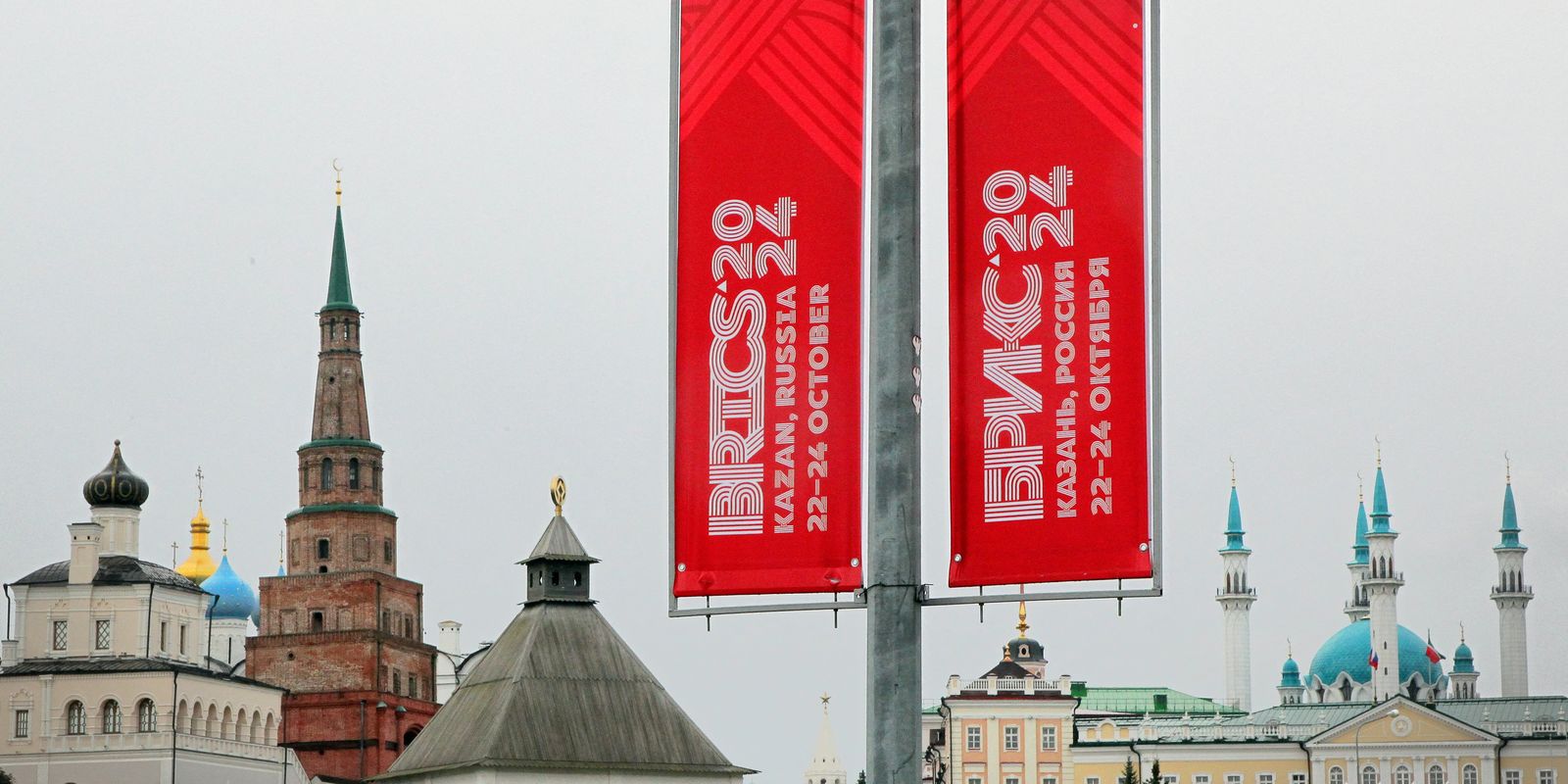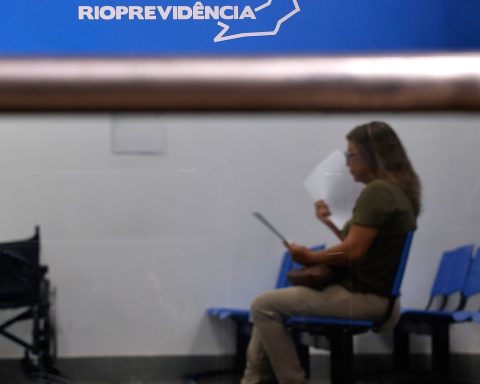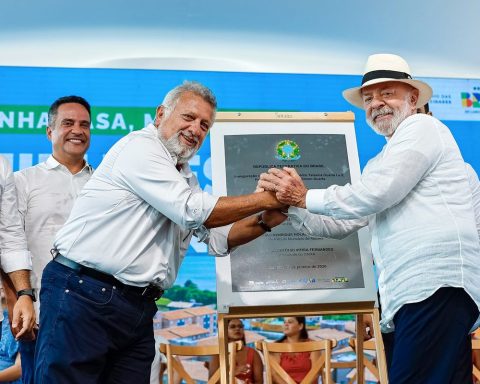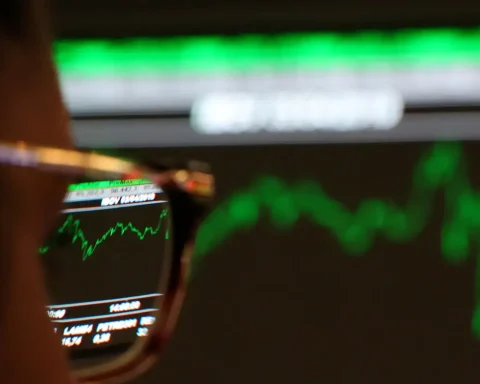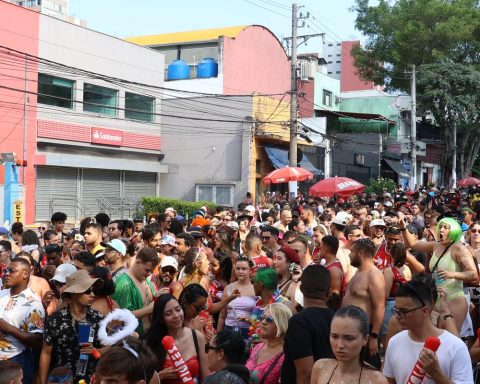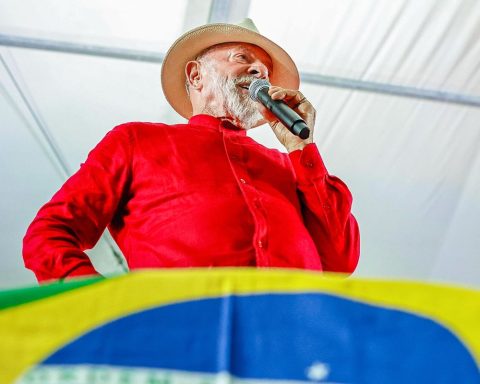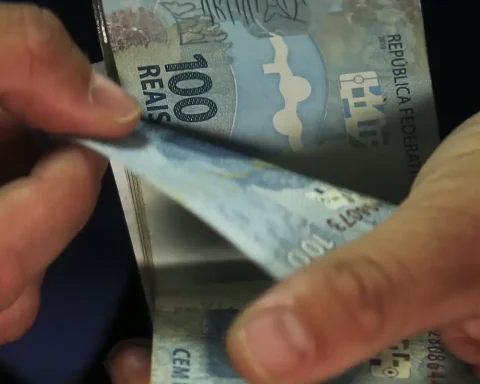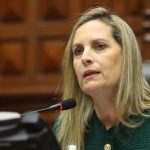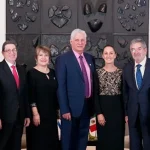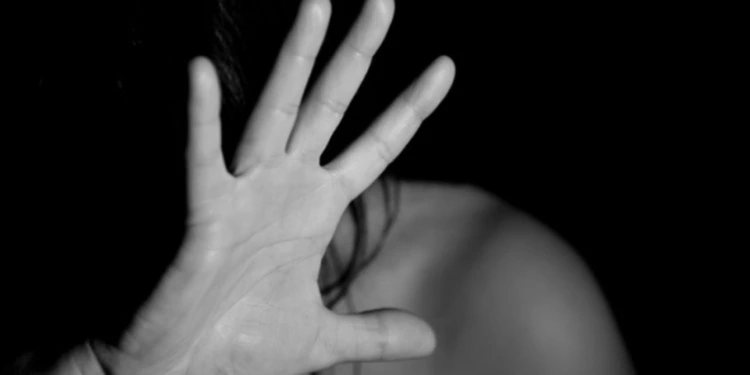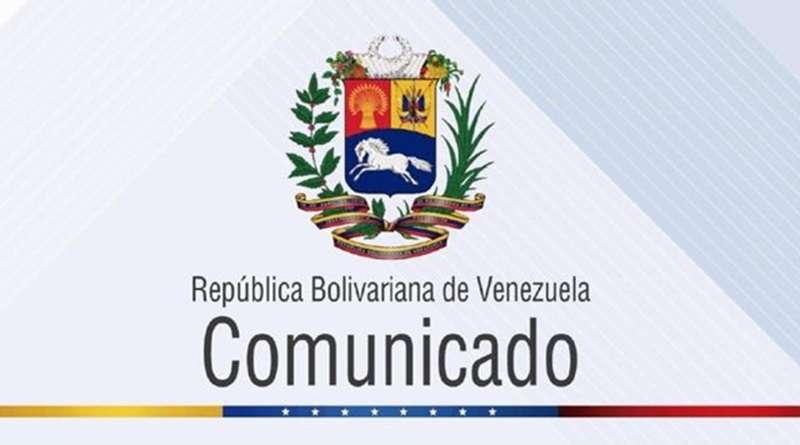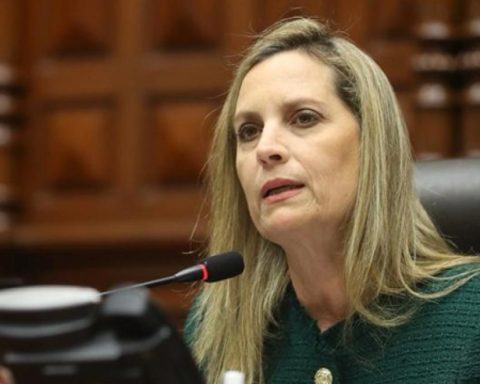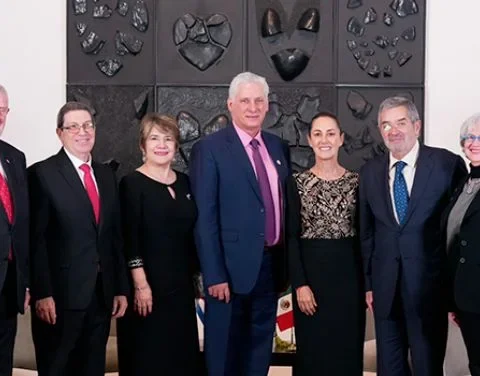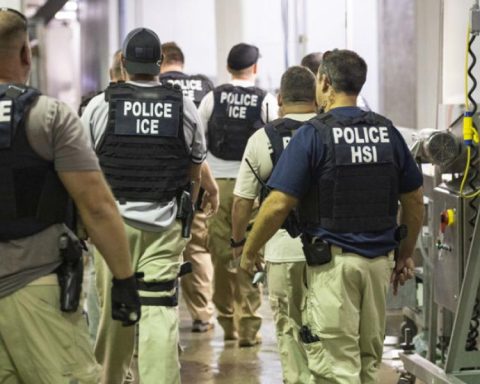President Luiz Inácio Lula da Silva once again defended, this Wednesday (23), the creation of means of alternative payments for commercial transactions among the Brics countries, a bloc of developing countries of which Brazil is part. Lula participated, via videoconference from Brasília, in the 16th BRICS Leaders Summit, taking place in Kazan, Russia.
For the president, the measure will reduce the vulnerabilities of these nations and the asymmetries within the international financial system. “It’s not about replacing our currencies. But we need to work so that the multipolar order we desire is reflected in the international financial system. This discussion needs to be faced with seriousness, caution and technical soundness, but it cannot be postponed any longer”, he defended.
Lula also addressed themes that are already recurrent in his speeches in international forums, such as combating climate change and hunger, criticizing wars in the Middle East and Eastern Europe, defending the taxation of the super-rich and the democratization of multilateral frameworks. .
This is the first BRICS summit with the participation of the five new members that joined the bloc this year: Egypt, Iran, United Arab Emirates, Saudi Arabia and Ethiopia. Until last year, Brics was made up only of Brazil, Russia, India, China and South Africa.
Dome
Among the issues discussed at the Kazan summit, negotiations to reduce dependence on the dollar in trade between the bloc’s countries stand out, as well as measures to strengthen alternative financial institutions to the International Monetary Fund (IMF) and the World Bank, controlled mainly by western powers.
In his speech, Lula cited the creation of the Interbank Cooperation Mechanism, through which the bloc’s national development banks will establish credit lines in local currencies, “which will reduce transaction costs for small and medium-sized companies”. He also highlighted the work of the New Development Bank (NDB), the Brics bank, led by former Brazilian president Dilma Rousseff.
“[O NDB] which turns 10 this year, has invested in the infrastructure necessary to strengthen our economies and promote a fair and sovereign transition”, he said, citing the bank’s portfolio with almost 100 projects and financing of around US$33 billion.
“It is designed to succeed where the Bretton Woods institutions continue to fail. Instead of offering programs that impose conditionalities, the NDB finances projects aligned with national priorities. Instead of deepening disparities, its governance is based on voting equality”, added the president.
Bretton Woods is the North American city where the conference that created the IMF and the World Bank was held after the Second World War, and which aimed to develop rules for the international monetary system.
President Lula also highlighted the economic and commercial potential and high social mobility of the Brics countries and how the bloc’s initiatives want to break with the logic of concentrating investments in developed countries. “We represent 36% of GDP [Produto Interno Bruto, soma das riquezas produzidas nos países] global purchasing power parity. We have 72% of the planet’s rare earths, 75% of the manganese and 50% of the graphite. However, financial flows continue to go to rich nations”, he lamented.
“The activities of the Business Council contributed to expanding trade between us. Brazilian exports to the Brics countries grew 12 times between 2003 and 2023. Brics is now the origin of almost a third of Brazil’s imports. The Women’s Business Alliance is creating networks to promote female economic empowerment and combat the gender inequalities that persist”, she recalled.
Brics in Brazil
In 2025, Brazil assumes the presidency of Brics and Lula reaffirmed his need to modernize institutions of global governance and democratize access to technologies. The Brazilian government, according to the president, wants to “reaffirm the bloc’s vocation in the fight for a multipolar world and for less asymmetrical relations between countries”.
“We cannot accept the imposition of apartheid in access to vaccines and medicines, as occurred during the pandemic, nor in the development of artificial intelligence, which is on its way to becoming a privilege for the few. We need to strengthen our technological capabilities and favor the adoption of non-exclusive multilateral frameworks, in which the voice of governments prevails over private interests”, defended the Brazilian president.
“Many insist on dividing the world between friends and enemies. But the most vulnerable are not interested in simplistic dichotomies. What they want is plenty of food, decent work and universally accessible, quality public schools and hospitals. And a healthy environment, without climate events that put its survival at risk. It is a life of peace, without weapons that victimize innocent people”, he added.
Lula criticized the ongoing wars in the world and repeated the statement made by the President of Turkey, Recep Tayyip Erdogan, at the United Nations General Assembly in September this year, that the Gaza Strip has become “the largest cemetery for children and women in the world”. world”.
“This foolishness is now spreading to the West Bank and Lebanon. Avoiding escalation and initiating peace negotiations is also crucial in the conflict between Ukraine and Russia”, said the Brazilian president, at the event chaired by Russian president, Vladimir Putin.
“At a time when we face two wars with the potential to become global, it is essential to restore our ability to work together towards common goals. Therefore, the motto of the Brazilian presidency will be Strengthening Cooperation in the Global South for a More Inclusive and Sustainable Governance”, announced the president.
Common agendas
During the speech, Lula also thanked the support of Brics members for the Brazilian presidency of the G20, in 2024, and the themes defended by Brazil to reduce inequalities in the worldsuch as taxing the super-rich and fighting hunger.
“Our countries have implemented successful social policies in recent decades that can serve as an example for the rest of the world,” he said, inviting countries to join the Global Alliance against Hunger and Poverty, which will be officially launched at the G20 Leaders Summit, bloc of the 19 largest economies in the world, the European Union and the African Union. The meeting will take place in November, in Rio de Janeiro, when the Brazilian presidency ends.
The president also recalled the agenda to combat climate change and once again demanded greater commitment from rich countries in financing prevention and mitigation measures. For him, however, it is also up to emerging countries to “do their part” to limit the increase in global temperatures. “The scientific data express an unprecedented sense of urgency. The planet is one and its future depends on collective action”, he warned.
“BRICS is an essential actor in tackling climate change. There is no doubt that the greatest responsibility lies with rich countries, whose emissions history culminated in the climate crisis that afflicts us today. It is necessary to go beyond the US$ 100 billion per year promised and not fulfilled, and strengthen measures to monitor the commitments made”, said the president, when speaking about the 2025 United Nations climate summit (COP30), which will be hosted in Belém .
Listen on National Radio Agency:
